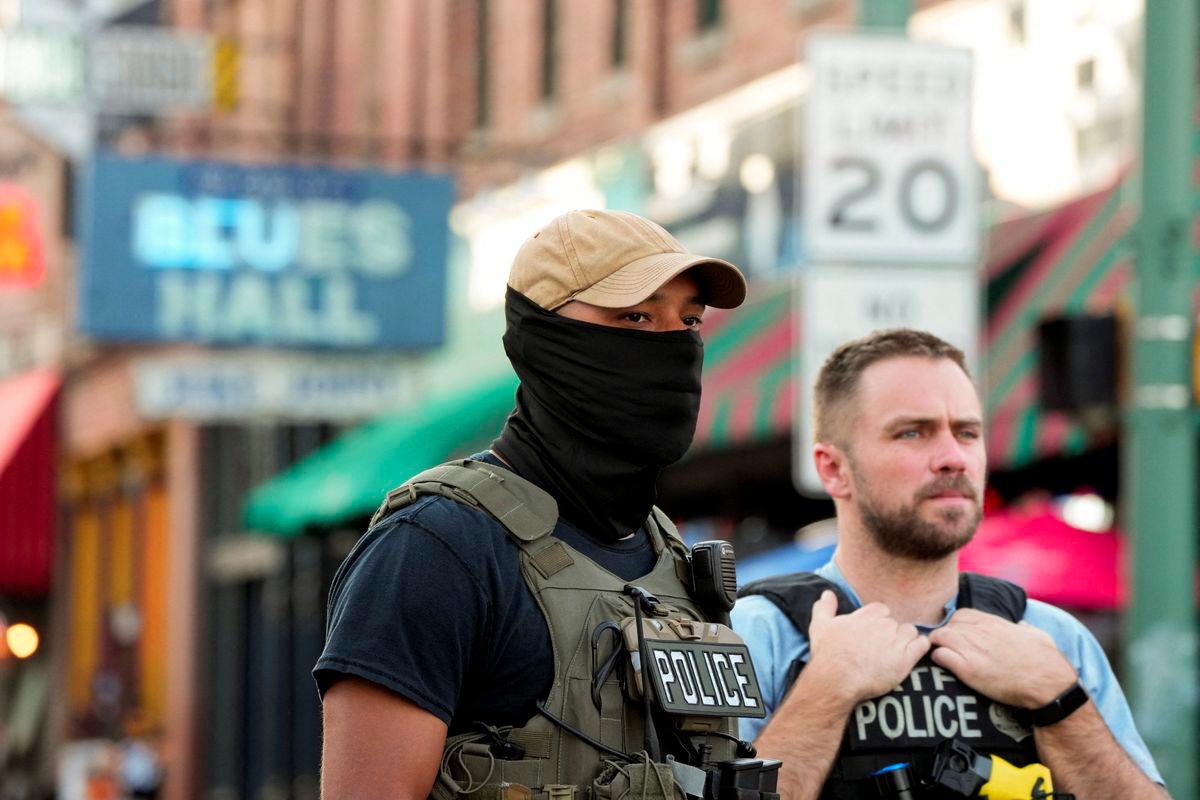CHICAGO: A federal appeals court on Thursday rejected the Trump administration’s request to pause a lower court ruling that temporarily blocks the deployment of National Guard troops in Illinois during its appeal. The ruling allows a temporary restraining order against the deployment entered by U.S. District Judge April Perry in Chicago on October 9 to remain in place.
A three-judge panel of the Chicago-based 7th U.S. Circuit Court of Appeals said it had no evidence that federal law enforcement has been unable to enforce immigration laws.
President Donald Trump had invoked his power to deploy National Guard troops in Illinois after claiming federal personnel had faced violent protests as they attempted to arrest people in the country illegally.
“Immigration arrests and deportations have proceeded apace in Illinois over the past year, and the administration has been proclaiming the success of its current efforts to enforce immigration laws in the Chicago area,“ the court said.
The court said there had likely been a violation of Illinois’ constitutional right to sovereignty, made worse by the fact that Texas National Guard troops were sent into the state.
The court did pause a portion of Perry’s order that had barred the federalization of Illinois National Guard troops, allowing the troops to remain under federal control.
While the judges were skeptical that the Trump administration would be able to show it had legally taken control of the troops, the panel said leaving them under federal oversight would cause minimal harm to Illinois for now.
In a statement, Abigail Jackson, a White House spokesperson, said the president had exercised his lawful authority to protect federal officers and assets.
“President Trump will not turn a blind eye to the lawlessness plaguing American cities and we expect to be vindicated by a higher court,“ Jackson said.
Representatives for Illinois Attorney General Kwame Raoul did not immediately respond to requests for comment after the ruling.
DEMOCRATIC-LED STATES SEEK TO HALT DEPLOYMENTS
In her October 9 order, Perry had found that immigration-related protests did not amount to a “rebellion” requiring National Guard intervention and entered the temporary restraining order.
It is set to expire on October 23, but Perry has scheduled a hearing for October 22 to consider whether it should be extended. In an extraordinary use of the U.S. armed forces for domestic purposes, Trump has sent National Guard troops into Los Angeles, Washington, D.C., Memphis and Chicago, and announced plans for deployments to Portland. Democratic-led states, including Illinois, have filed lawsuits seeking to halt the deployments, and courts have not yet reached a final decision on Trump’s authority for military action within the United States. At the October 9 hearing, Perry questioned the credibility of the federal government’s arguments that Guard soldiers were needed to protect federal officers and property from demonstrators. JB Pritzker, the Democratic governor of Illinois, accused Trump of deliberately mischaracterizing small, mostly peaceful protests as violent and dangerous in order to justify National Guard deployments. Perry said the behavior of U.S. Immigration and Customs Enforcement officers has prompted the protests, and deploying Guard soldiers to an ICE facility in the Chicago suburb of Broadview would “only add fuel to the fire that defendants themselves have started.” The Trump administration quickly appealed the order and had asked the appellate court for an emergency stay to immediately allow the deployment. - Reuters









